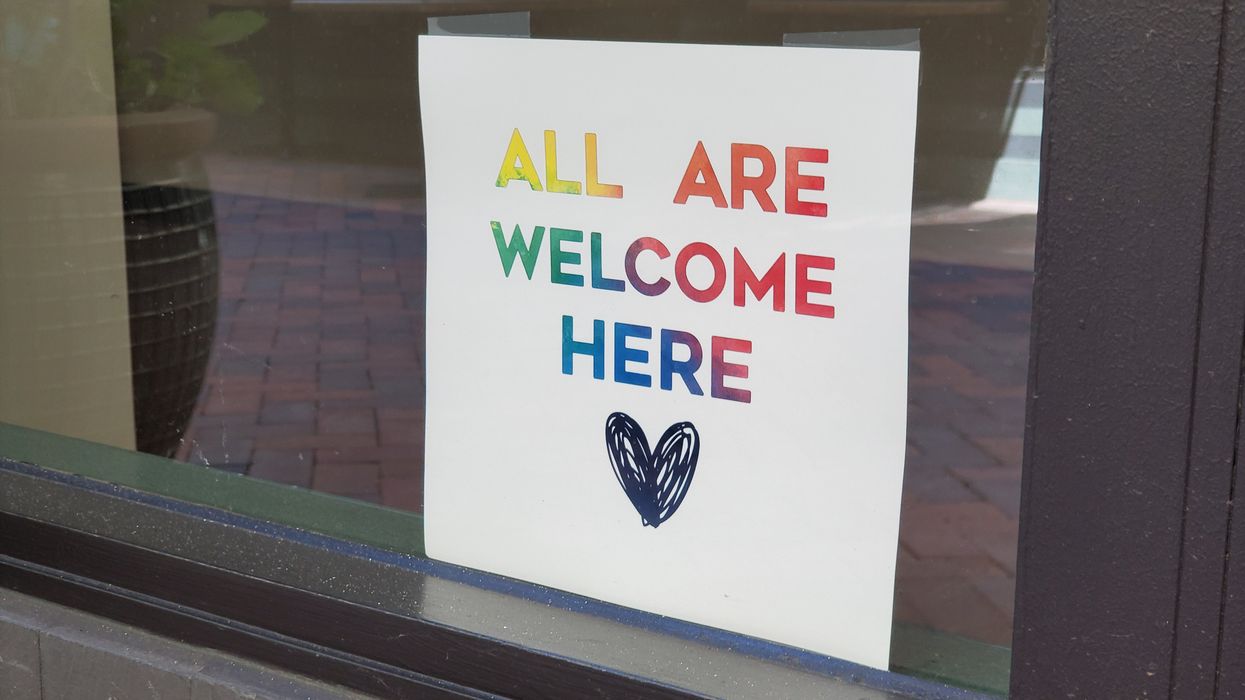In August 2019 I wrote: “ Diverse people must be in every room where decisions are made.” Co-author Debilyn Molineaux and I explained that diversity and opportunity in regard to race/ethnicity, sex/gender, social identity, religion, ideology would be an operating system for the Bridge Alliance — and, we believed, for the nation as a whole.
A lot has happened since 2019.
After the police killing of George Floyd in 2020, the nation erupted in protest with renewed demands for justice and reform. Diversity, Equity and Inclusion was placed at the forefront of academic and corporate policies.
And now, after the election of 2024, attitudes toward DEI appear to have turned 180 degrees. As we head into 2025, DEI has been rejected by a vast portion of the American electorate and thus many claim there is a mandate for members of Congress and the president of the United States to turn back the clock on diversity, equity and inclusion.
This thinking is not new. Almost a year ago, I wrote:
“Diversity, equity and inclusion are words that excite passion on all sides of the political spectrum. Yet as so often happens when passions are aroused, the possibility of having a meaningful discussion with any semblance of the critical thinking required to understand the complexity of the subject is virtually impossible.”
In that writing, I quoted an op-ed in The Wall Street Journal titled “ DEI Spells Death for the Idea of a University,” in which writer Matthew Spalding made this statement:
“Diversity is no longer a term to describe the breadth of our differences but a demand to flatter and grant privileges to purportedly oppressed identity groups. Equity assigns desirable positions based on race, sex and sexual orientation rather than character, competence and merit. Inclusion now means creating a social environment where identity groups are celebrated while those who disagree are maligned.”
Rather than speak in sound bites — as will certainly happen as politicians try to take advantage of the perceived mandate to end DEI — it is more important than ever for those on the left and the right to open their minds to the complexities of diversity in colleges, universities, workplaces, our communities and our lives.
In the coming months, The Fulcrum will reexamine the complexities of DEI. We must ask ourselves if diversity means a granting of privileges to those who are not deserving or whether it means an equality of opportunity so that our nation can merely live into the diversity that is America. As politicians will use fear to appeal to the hearts and minds of Americans, The Fulcrum will instead lead through deep inquiry and analysis
The results of the election offer an opportunity for DEI proponents to deeply reflect on the mistakes that have been made with respect to DEI thinking and policy. We will call on both proponents and opponents of DEI to have deep discussions as to what equity really means asking questions like:
Should equity assign desirable positions based on race, sex and sexual orientation rather than character, competence and merit? Or should the term equity simply mean bringing fairness and justice to institutions and the workplace by providing equality of opportunity? Or something else?
Our inquiry will ask whether DEI advocates used the term inclusion, either consciously or unconsciously, to accept a cancel culture that celebrated identity groups while maligning those who disagreed with these policies or were not a part of these groups. We fully understand that many politicians have used “cancel culture” and “woke” as red herrings to divert attention from the complex issues facing a diverse nation, but this doesn’t preclude opening our minds to a discussion on how to define equity as an operating system and not as a quota.
The issues facing our nation are far too serious to be left to the seekers of political advantage. We realize that addressing the issues of diversity, equity and inclusion is complex. We understand that in the world of today’s politics it is easier for the politicians on both sides to use fearful and hateful rhetoric to rally their constituencies. This is why, as a nation, we must face the issues that have divided us for over 200 years. We must understand that this messy and frustrating process of democracy will only work if We the People rise above the politics of division and separation.
It is our responsibility as citizens and citizen leaders to rise above this infighting and demagoguery. Our national challenges and problems are earnest, urgent and serious. Thomas Jefferson recognized that democracy was born from discourse and discussion, and that such resulting discussion would be replete with differing perspectives and opinions.
For our Republic to survive ideological and power differences, we must lead with inquiry, and move from inquiry to shared truth.
The Fulcrum understands that one of the greatest challenges facing Americans is to live up to our nation’s motto of E pluribus unum — Out of many, one.
Please join us in the coming months as we explore pluralism through deep inquiry and analysis.
Nevins is co-publisher of The Fulcrum and co-founder and board chairman of the Bridge Alliance Education Fund.




















Marco Rubio is the only adult left in the room